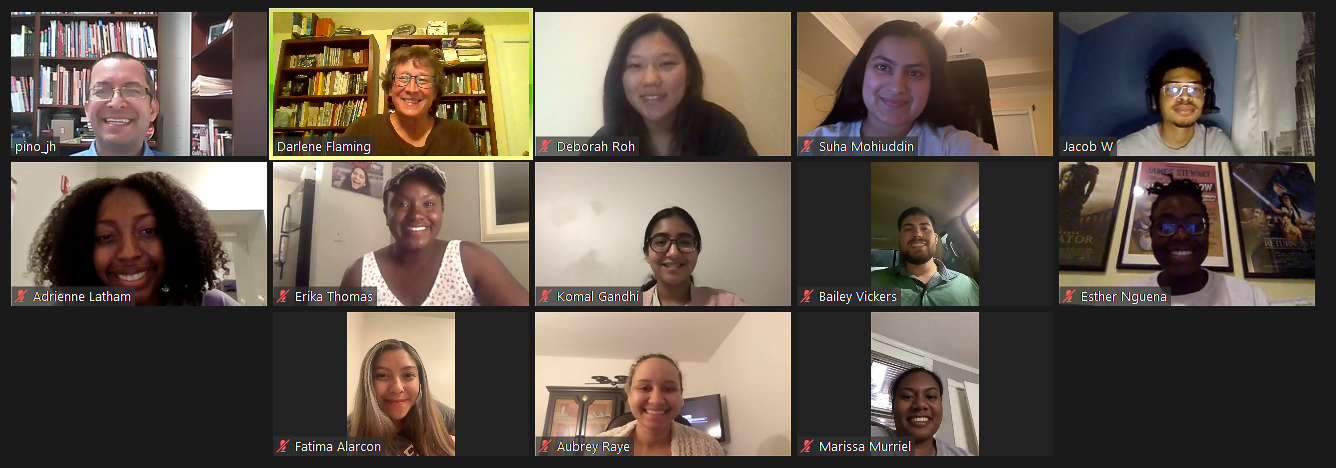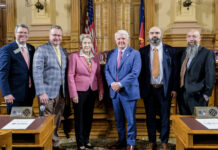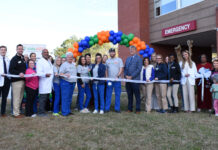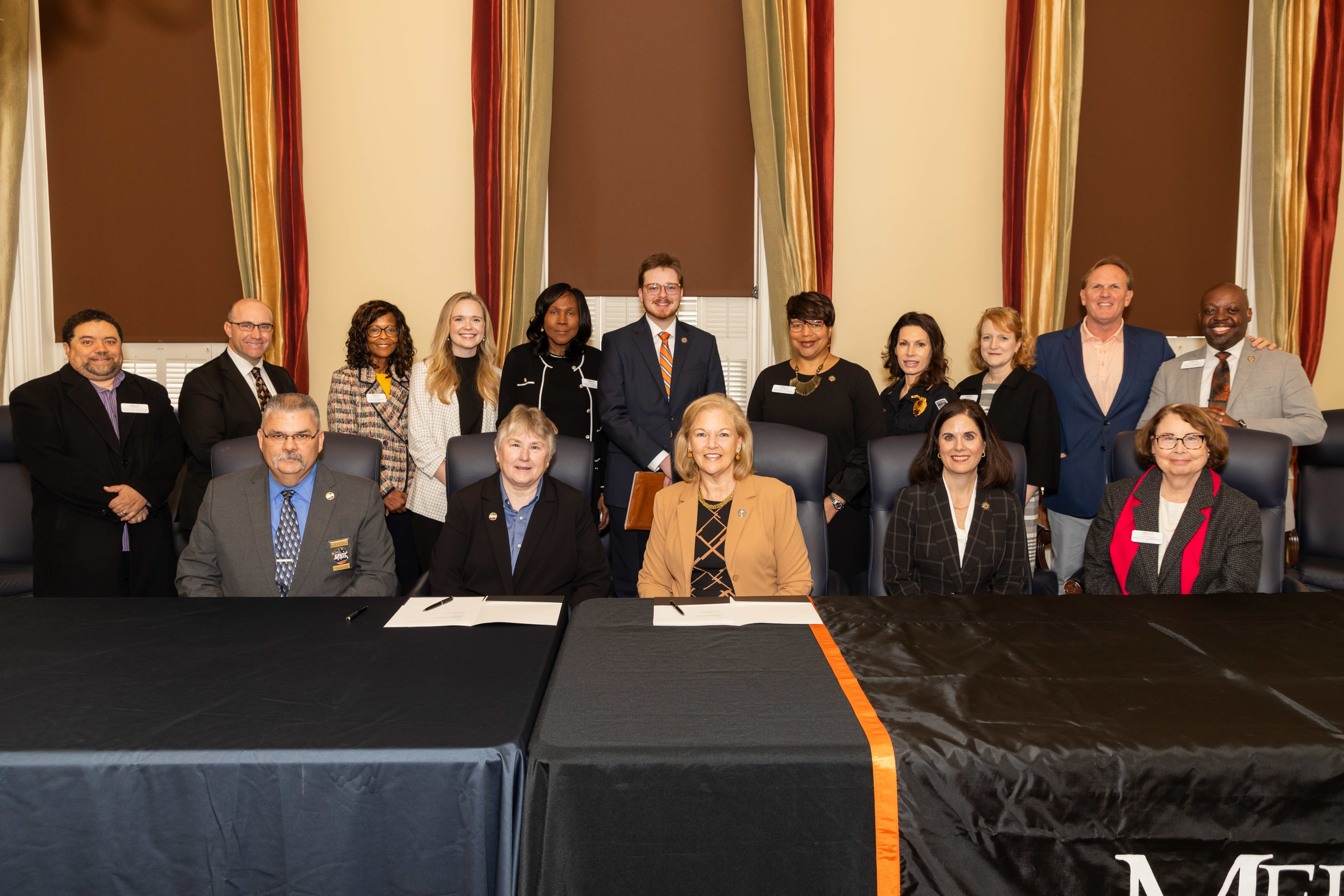Twenty Mercer University undergraduate students will connect with community members over the next six months with the goal of addressing hesitancy about the COVID-19 vaccine and getting more people vaccinated. They are among 2,000 students at 117 colleges across the country who are participating in the Faith in the Vaccine Ambassadors project, which is sponsored by Interfaith Youth Core.
Dr. Darlene Flaming, associate professor of religion, and Dr. Jose Pino, associate professor of Spanish, are co-leading the program for Mercer. Dr. Flaming was interested in the initiative because it was a way for people from various faith backgrounds to band together to have a positive impact. Dr. Pino said it also was an opportunity to get students involved and work directly with local communities, especially minority populations, who have been disproportionately affected by COVID-19.
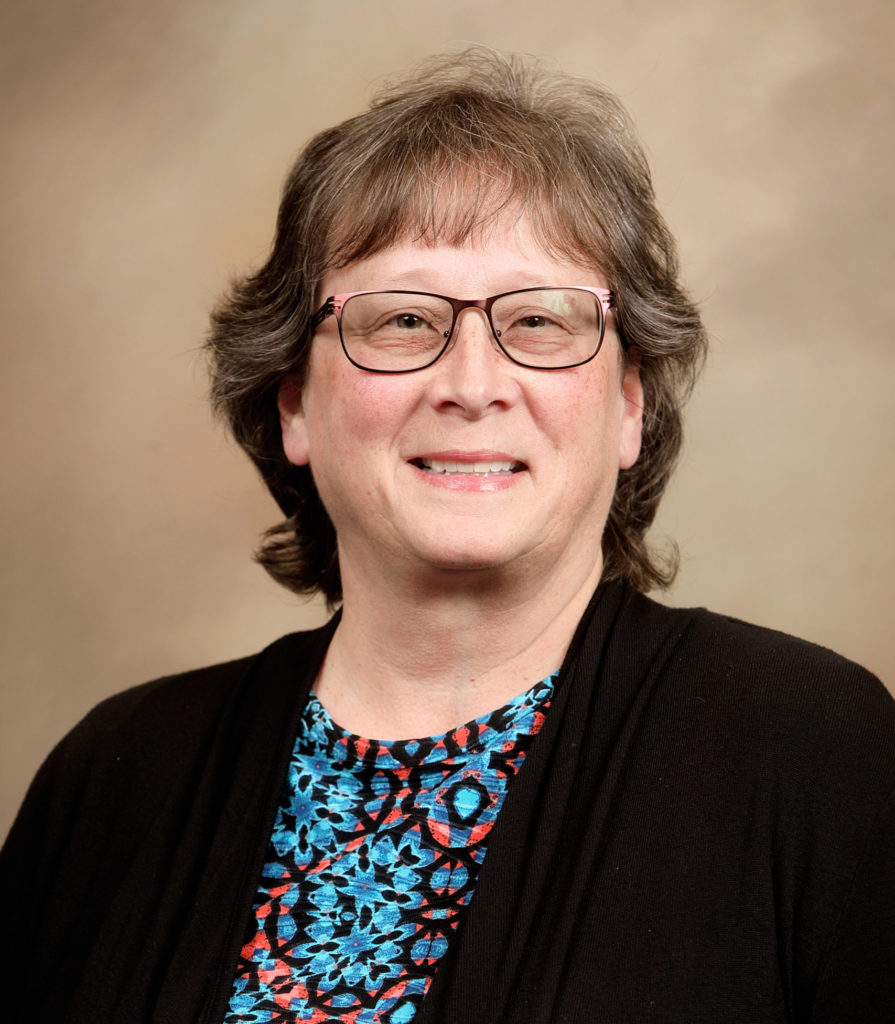
“The project arises out of recognition that one of the most pressing challenges facing the COVID-19 vaccination process is the lack of trust for the vaccine evident in certain subsets of the population,” according to the description for the Mercer program.
Research shows that Black, Native American and Latinx communities and politically and religiously conservative white communities are more likely to be reluctant to receive the vaccine.
The cohort of Mercer students, many of them global health and Spanish majors, was selected through a competitive application process in May. Each ambassador will receive a $1,500 stipend from Interfaith Youth Core.
The students recently completed a five-hour virtual training. They went over the facts surrounding COVID-19 and vaccine development, misconceptions and theories, community organizing, and how to have productive conversations. They also learned about the communities they would be working with and how they can build on initiatives already in place.
“Going in and bombarding people with a bunch of facts isn’t going to change anybody’s mind to take the vaccine if they’re hesitant, but having a conversation that is more asking questions, getting to know the person and their concerns could,” Dr. Flaming said. “It’s a really respectful approach to the conversation where you might introduce some ideas that might make them think about changing.”

The ambassadors will work with community partners, such as churches and organizations, to implement outreach projects in their home cities over the summer and in Middle Georgia in the fall. Projects could include having one-on-one conversations, hosting in-person or online meetings, planning social media campaigns, coordinating transportation to vaccination sites, and organizing vaccination clinics. They will also attend regular meetings as a cohort.
“The method we have to use is to build trust, express empathy and then help everybody find their own reasons for getting vaccinated,” Dr. Pino said. “We’re not going to press people.”
While the main goal of the project is to get more people vaccinated, Dr. Flaming also hopes it will be a learning experience that students will carry into their futures. They will expand their understanding of other cultures and gain insight into health issues in the community and the health system.
“When students are working with the community, they will find out more about why (community members) are hesitant, why they distrust health officials and the government, and why the information they had was insufficient. While students are doing that, they will learn more about the community and the health system as well,” Dr. Pino said.
In addition, the Faith in the Vaccine Ambassadors program is a chance to bring people together.
“It can give people a sense of the commonalities that we share, of values, of service, of helping others. I hope that’s something that the students will take with them and that the community can see that people with a lot of differences can work together on common things,” Dr. Flaming said.
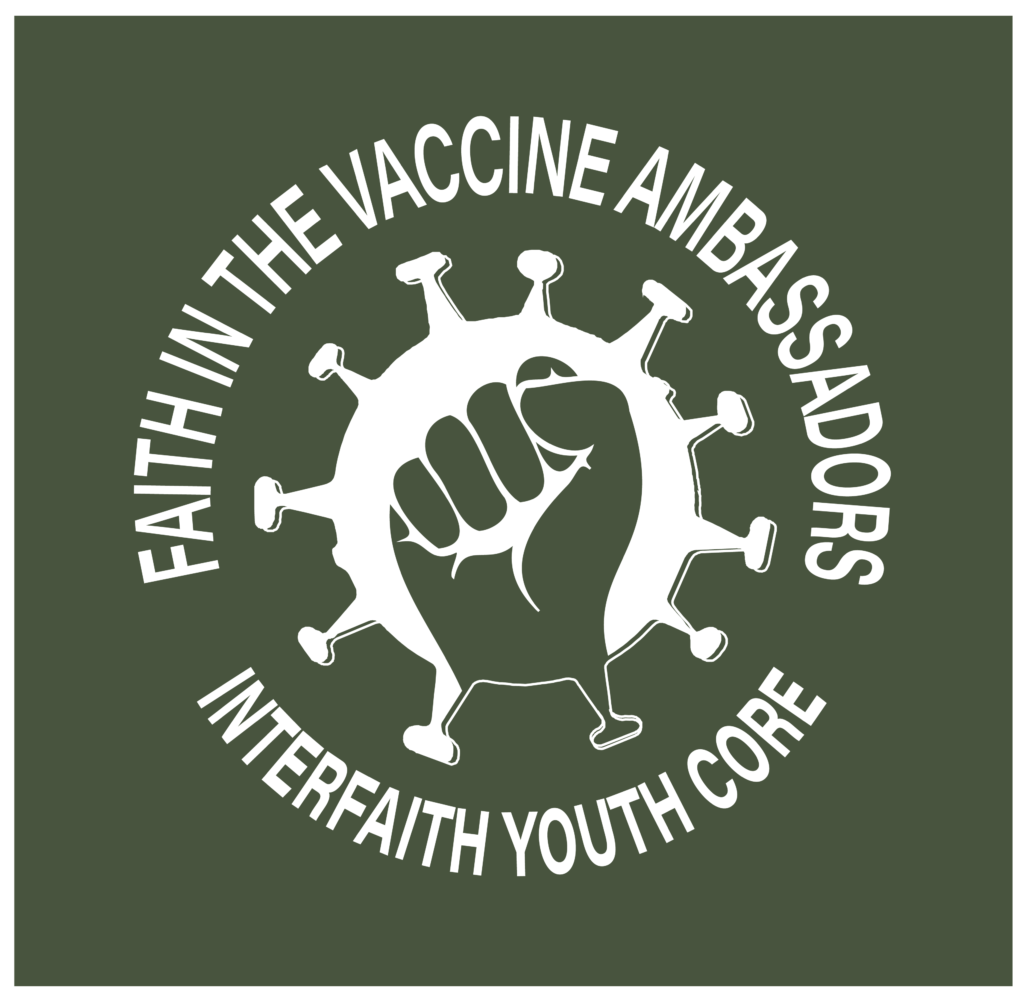
Dr. Pino said portions of this program could be used for future classroom projects and open the door for continued partnerships in the community.
First-hand experiences spurred junior Suha Mohiuddin, a Spanish and global health double-major, to apply for the ambassadors program. As her family mourned the loss of loved ones from COVID-19, she noticed a shift in the way the pandemic was viewed.
“We started seeing people being more polarized and also making COVID more politicized when it’s actually a health issue,” she said. “I wanted to help build community. What we really need is for people to come and speak to other people rather than alienate ourselves from people who have other strong beliefs.”
Through the cohort training, Mohiuddin learned that most people talk more than they listen, and that shouldn’t be the case for the ambassadors. They are tasked with hearing people out and finding ways to help them learn. She is looking forward to getting involved in the community and talking to new people in Macon.
Junior Sang Nguyen, a public health and psychology double-major, said the program is a chance for him to help increase vaccination rates across the country while also putting his public health knowledge into practice. He hopes to develop one-on-one relationships by manning a table at events and hosting a popup vaccination clinic.
“I am looking forward to stepping outside of my comfort zone and getting down to the nitty-gritty of public health work and what my future goals could look like,” he said.

